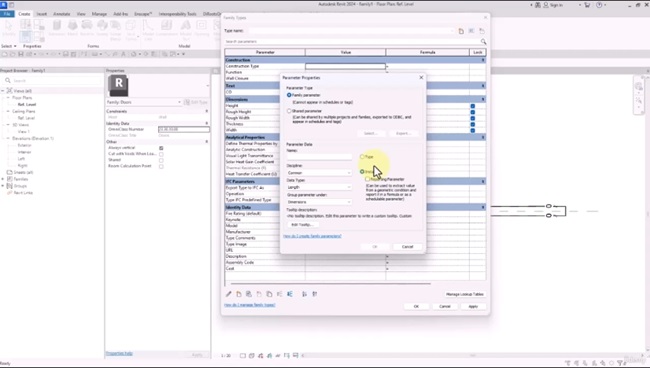Duration 13h 51m MP4
Info:
What you’ll learn
Rules of BIM Modeling
Standard Settings for BIM Projects
Annotations Types
System Family Types
Elements Parameters
Quantity Takeoff Tables
Outputs Settings
Family Creation Techniques
Principles of Revit Templates
Creating View TemplatesNote: The main difference in this course compared to others is that we have not confined ourselves to explaining simple techniques. Instead, we have conveyed the subject through challenging projects and specific tricks, which are the result of numerous experiences.
Do you know what features a suitable template provides for a modeler?
Are you aware of the advantages of using a suitable template?
Do you know how templates used for each project are created?
Revit is an advanced software for designing and modeling buildings, developed by Autodesk. This software supports Building Information Modeling (BIM), enabling designers and engineers to work cohesively throughout the construction process and the lifespan of a project.
The use of templates in Revit is crucial; templates are patterns that include default settings for projects. By utilizing templates, you can easily apply the necessary initial settings and configurations for each project, thereby accelerating the design and modeling process and reducing errors.Headlines:
Rules of BIM Modeling
Standard Settings for BIM Projects
Annotations Types
System Family Types
Elements Parameters
Quantity Takeoff Tables
Outputs Settings
Family Creation Techniques
Principles of Revit Templates
Creating View Templates
If you are currently a BIM modeler or planning to become one, it is essential not to limit yourself to any form. You should be able to manage any architectural design in the BIM process And in the end, you will be the hero of this course. Please watch this course and feel free to ask me any questions you have while watching it.
Who this course is for:
BIM Modelers
BIM Coordinators
BIM Managers
Revit Users
3D Modelers
Construction Managers
Project Managers





